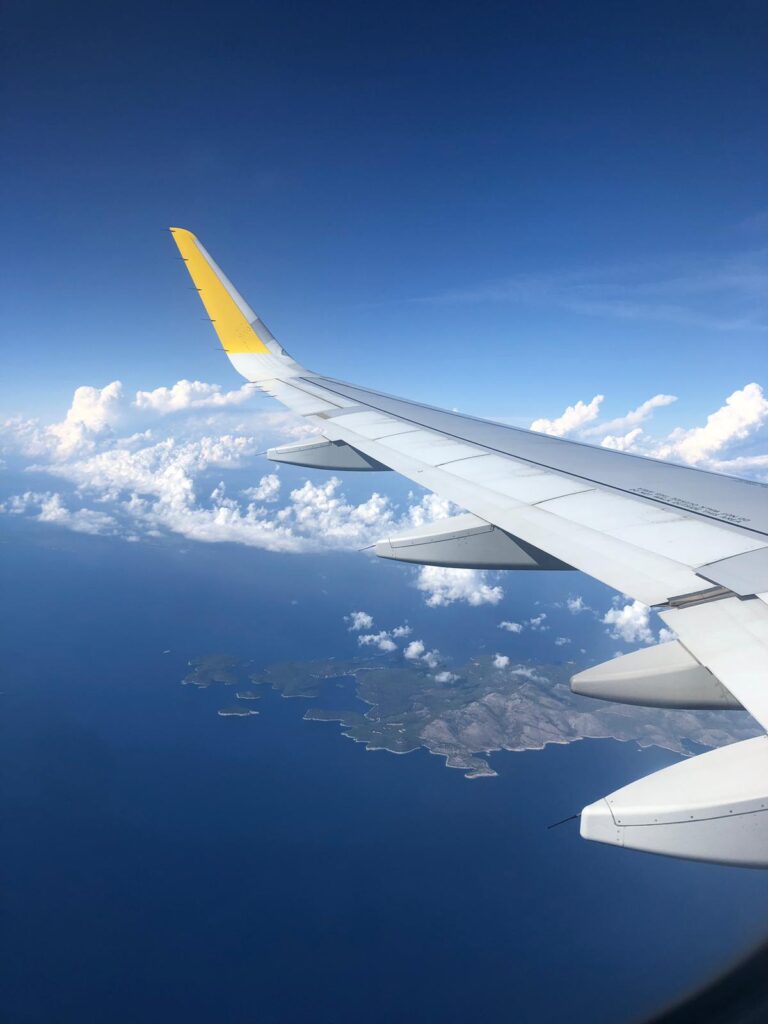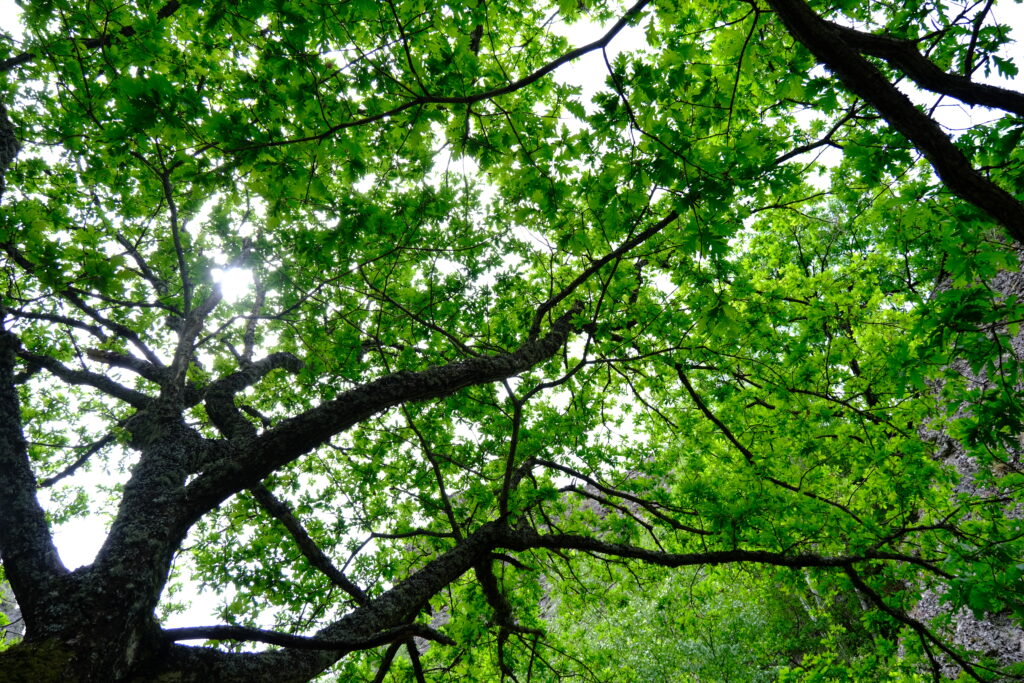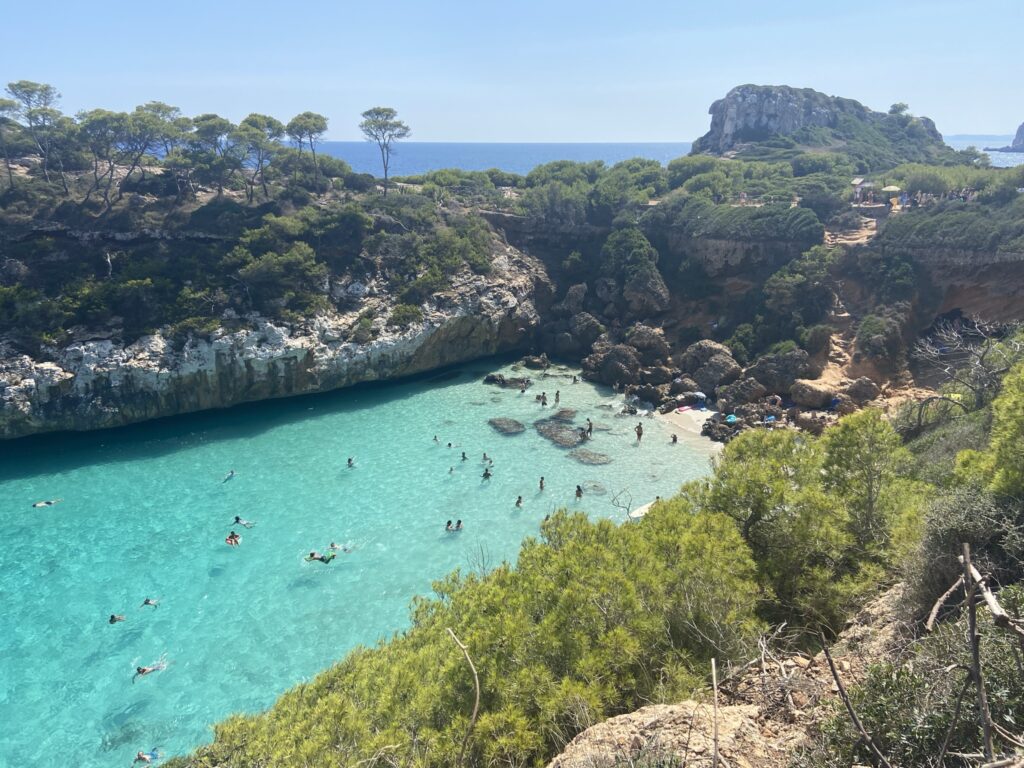Rethinking tourism as a leitmotiv for World Tourism Day
On the occasion of World Tourism Day, on Tuesday 27 September, many events took place in different parts of the world, most of them giving the possibility of online participation thanks to the new post-pandemic dynamics, under the prism of rethinking tourism.
The need to develop responsible tourism practices has been evident for decades. In the 1990s, the Charter for Sustainable Tourism (Lanzarote, April 1995) initiated the search for long-term sustainable development through tourism. The exponential growth of tourism since the 1950s, which is expected to reach 1.8 billion international tourists by 2030, means an increased impact and pressure on the environment, local communities and heritage, which needs to be adequately controlled and protected. This is why the World Tourism Organization (UNWTO) considers tourism that promotes sustainable development as tourism that «takes full account of current and future economic, social and environmental impacts to meet the needs of visitors, the industry, the environment and host communities» (see source).

As a result, in 2015 the United Nations established the 2030 Agenda for Sustainable Development and the 17 Sustainable Development Goals (SDGs) to which tourism can contribute. This is the framework that explains the efforts being made by governments, private companies, local authorities and international cooperation projects, which should be extended, above all, to travellers.
Many organisations, funds and initiatives have emerged to promote sustainable development, such as the Biosphere certification, a label through which the RTI (Responsible Tourism Institute) recognises the competitiveness of the tourism sector by measuring its contribution to the SDGs.
Today, the debate on how to develop successful and inclusive practices is still on the table. Many conferences, events and webinars are taking place to discuss and share on this topic.
International meetings
One of the events that took place last Tuesday was the Restart Med! Sustainable Tourism Summit, under the theme #RethinkingTourism. The Restart Med! project is one of the many initiatives aimed at promoting sustainable tourism in the Mediterranean, co-financed by the EU. The countries involved in this programme are Italy, Jordan, Lebanon, Spain and Tunisia. From this event I would like to highlight the opening of the first thematic panel by Cristina Bajet. Cristina opened the debate by making the audience uncomfortable by referring to the fact that the arrival of the participants to the meeting place, Palermo, is in itself unsustainable, and accompanied it with objective data by bringing up the impact of transport on the carbon footprint of tourism (49%, within the 8% that tourism has on global carbon emissions).

This raises the debate on how to reduce the carbon footprint of international flights, as their use cannot be avoided if tourism is not to be reduced to domestic or proximity tourism. This issue was the occasion for Luca Santarossa to present a free tool to calculate this impact, developed within the MEET Network Destimed Project. Being able to measure the impact makes it possible to manage it and find solutions to it.
Other issues that arose in this meeting were the problems derived from the certification methods for sustainable tourism companies, commented by Andreu Pérez, collaborator of the Biosphere Project, and the well-known greenwashing, linked to misleading marketing strategies.
This connects us to another event that also took place on the occasion of World Tourism Day: the Center for Responsible Travel Forum (organised by CREST, a global non-profit organisation based in Washington DC). Participants from 69 different countries attended this virtual meeting.
The meeting focused on Destination stewardship, and one of the panels discussed marketing strategies under the title «rethinking destination marketing: leveraging the power of community-centers storytelling». Hosted by Rob Holmes – founder of GLP films – the dialogue was about creating positive change and new opportunities by including the voice of the local community in the storytelling of destination marketing campaigns. Rob pointed out how marketing is often associated with a negative impact that leads to overtourism, but that it can play an important role in protecting destinations.
One of the panellists, Jayni Gudka, CEO of Unseen Tours (a network of volunteers in London who develop tours led by people living on the streets), talked about both the challenges and benefits of including marginalised voices, and how this can bring an uncomfortable truth to the discourse but at the same time authenticity.
Destination Management

As I mentioned earlier, CREST Forum was mostly a discussion of how destination stewardship is being implemented around the world, and it was Jonathan Tourtellot who gave the keynote address. Founder of the National Geographic Center for Sustainable Destinations, and later, when it lost funding from National Geographic, founder of the Destination Stewardship Center, he brought a lot of key and valuable content to the speech (full recording here).
The first panel highlighted the importance of creating action plans based on the particular needs of each destination and its community. Brooke Hansen (Director of Sustainable Tourism at the University of South Florida) commented that after living and working for 16 years in Hawaii and admiring the programmes developed there, she realised that these strategies could not work in Florida. Each place has different issues and it is necessary to work directly with the local community to find lasting solutions.

Sustainable destination management is an international priority that is reflected in government plans such as the one currently being developed by Spain under the Recovery, Transformation and Resilience Plan (PRTR), financed with Next Generation EU funds (post-Covid-19 recovery plan based on sustainability and digitisation). The Tourism Sustainability Plans in Destinations programme has already awarded 61.4 million euros in its ordinary 2022 call, invested in 28 Spanish projects.
In order to give visibility to best practices in sustainable destination management, the non-profit foundation Green Destinations runs an annual competition that results in a top 100 inspirational stories. The Top 100 2022 was also presented this week on the occasion of World Tourism Day at the Green Destinations 2022 & Future of Tourism Summit in Athens.
Finally, another initiative launched on World Tourism Day are the documentaries Sustainable Travel: Where Next? by Sustainable Travel International (Seattle). Again the reflection on the future of tourism, this time in a more visual way with short documentaries on various destinations, from Slovenia to Australia, from Barbados to Oslo.
Of all the documentaries, I have chosen Slovenia because it is a must-see when it comes to sustainable tourism destinations. Commitment to sustainability is at the core of the country’s tourism activities, making it a pioneering green destination. The Slovenian Tourist Board (STB) is committed to the Green & Safe label, a brand that endorses responsible behaviour and adherence to responsible travel standards of destinations and providers.
During a conference at the Green Destinations 2022 & Future of Tourism Summit, the STB pointed out that companies with a green coordinator do more activities and work better than those without. However, they can tend to become overwhelmed, which is why the STB provides training and mentoring.
In conclusion, all these meetings allow international dialogue on an issue that has become global over the years. They also help to strengthen the network of stakeholders. Professionals and representatives from all fields and of many nationalities have the opportunity to share experiences and points of view in order to keep on improving.


